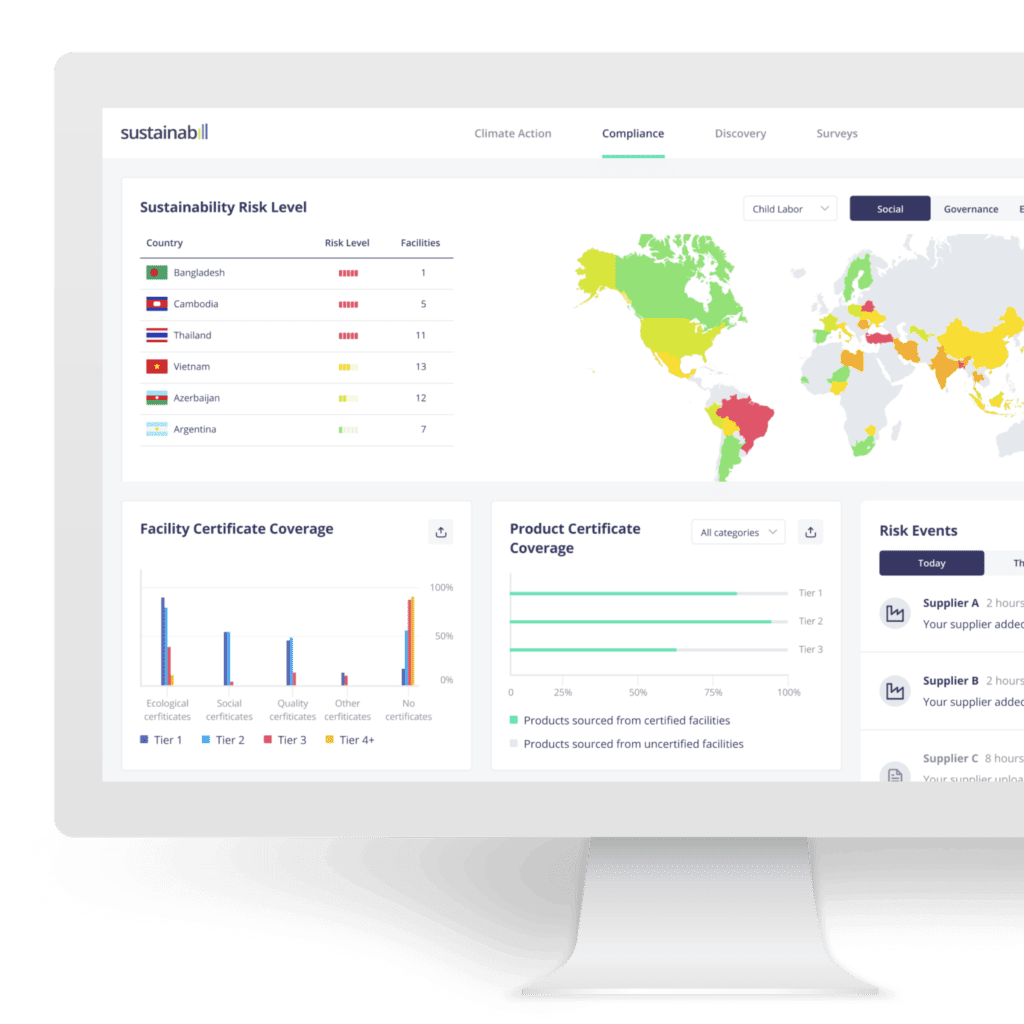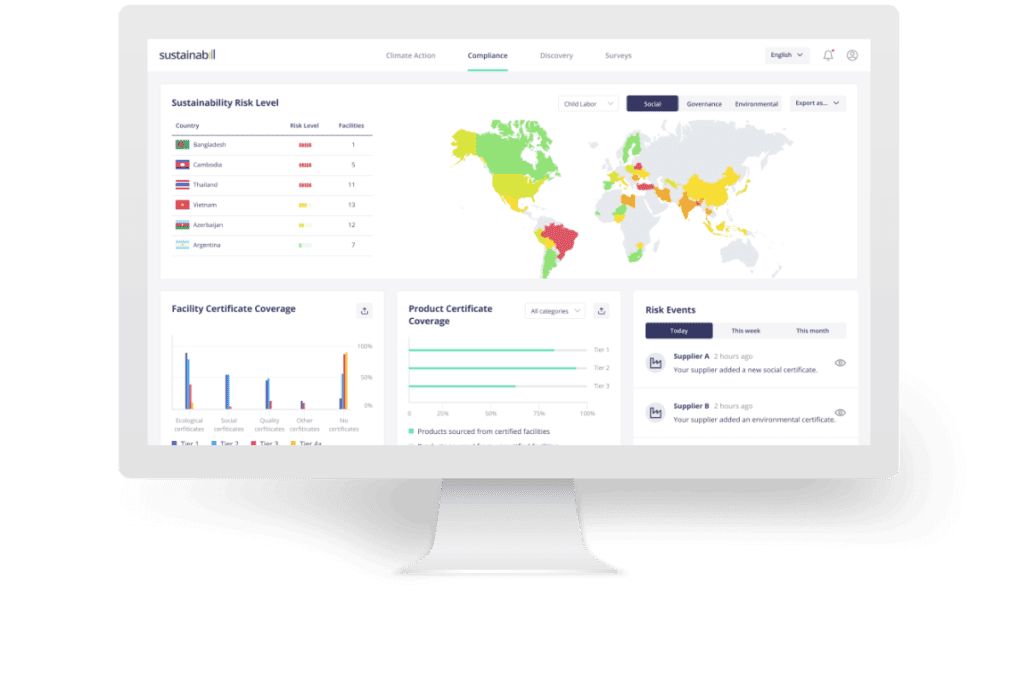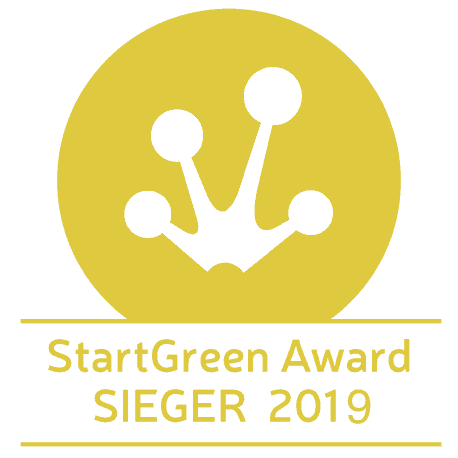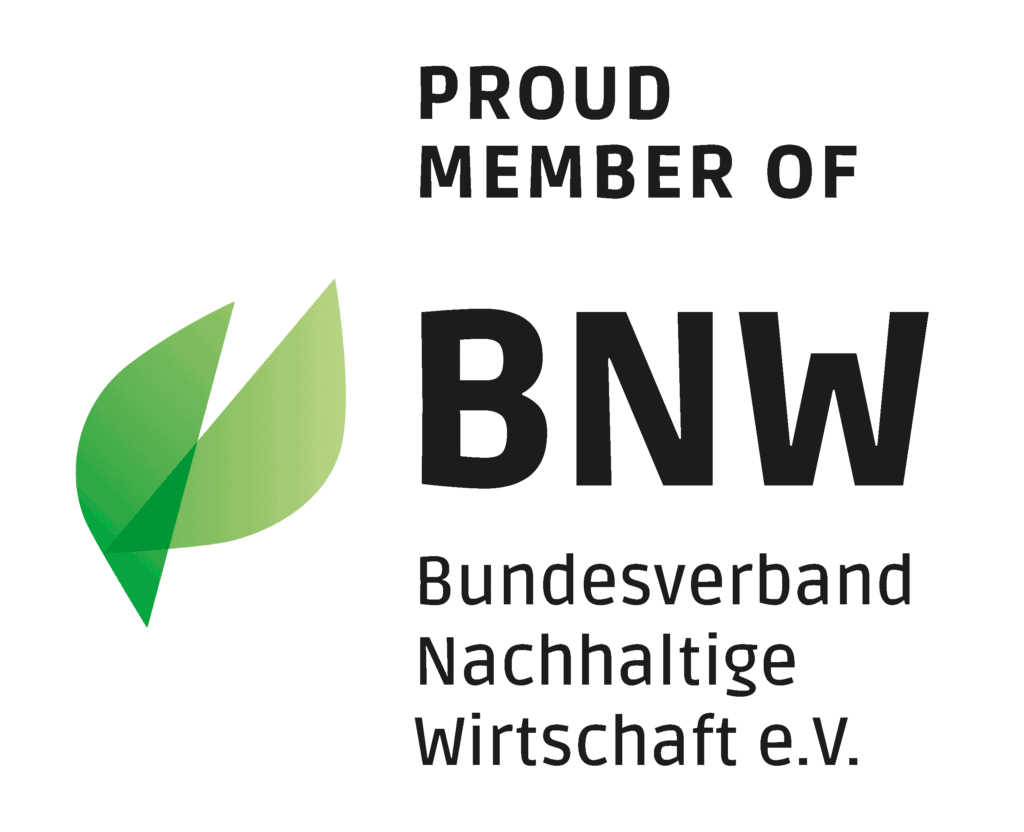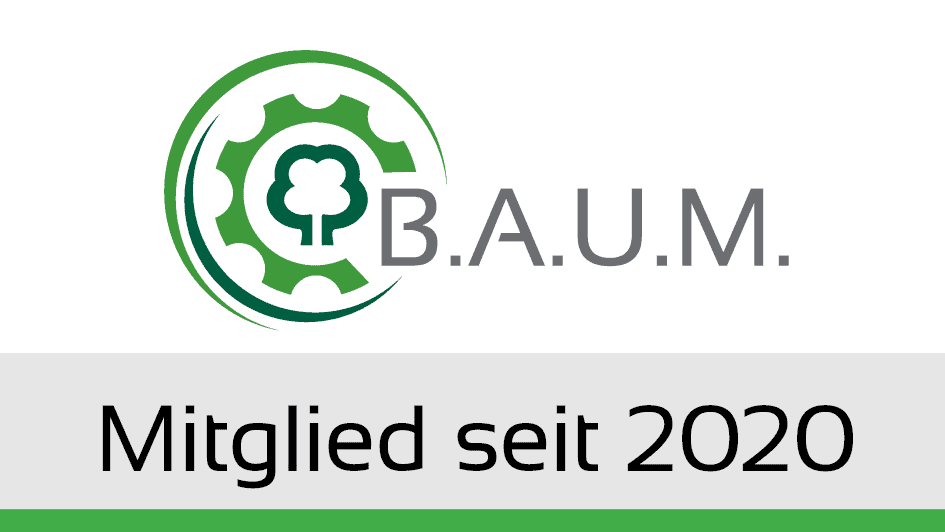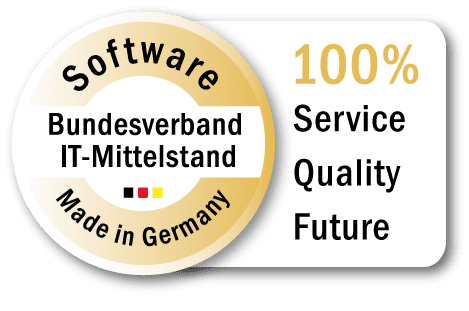Sustainability information published by European companies are not specific and transparent enough. This is the result of a study from the Alliance for Corporate Transparency, a three-year research project. The study analysed the CSR reports from large companies and financial corporations. Over 90% of companies express a commitment to respect human rights and over 70% endeavour to ensure the protection of human rights even in their supply chains. However, only a minority of 6% of companies disclosed information about suppliers in identified high-risk supply chains.
Since 2014 the EU regulation on non-financial reporting (Directive 2014/95/EU) requires large companies to provide non-financial information on environmental, social and workers’ concerns. The Alliance for Corporate Transparency calls for improving the EU Directive regarding companies’ disclosure obligations. Among their requirements are
- greater transparency on high-risk supply chains, the results, consequences and limitations of audits.
- clear requirements for disclosure of companies’ long-term transition plans towards a CO2-free economy.
- focus on clear indicators in the area of disclosure and due diligence of human rights issues related to specific risks and incidents and their management.
- more forcefully require disclosure of the key elements of the anti-corruption programme and its application to third parties.
With sustainabill, companies can improve the transparency in their high-risk supply chains, and collaborate with sub-suppliers to access certifications and audit results. This allows to tackle human rights issues and lower CO2-emissions in the supply chain.

